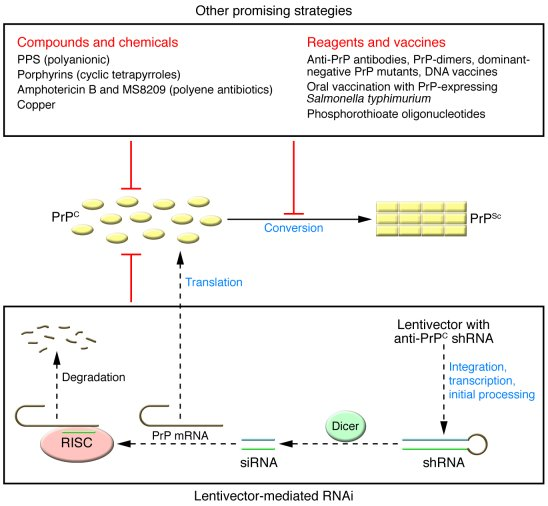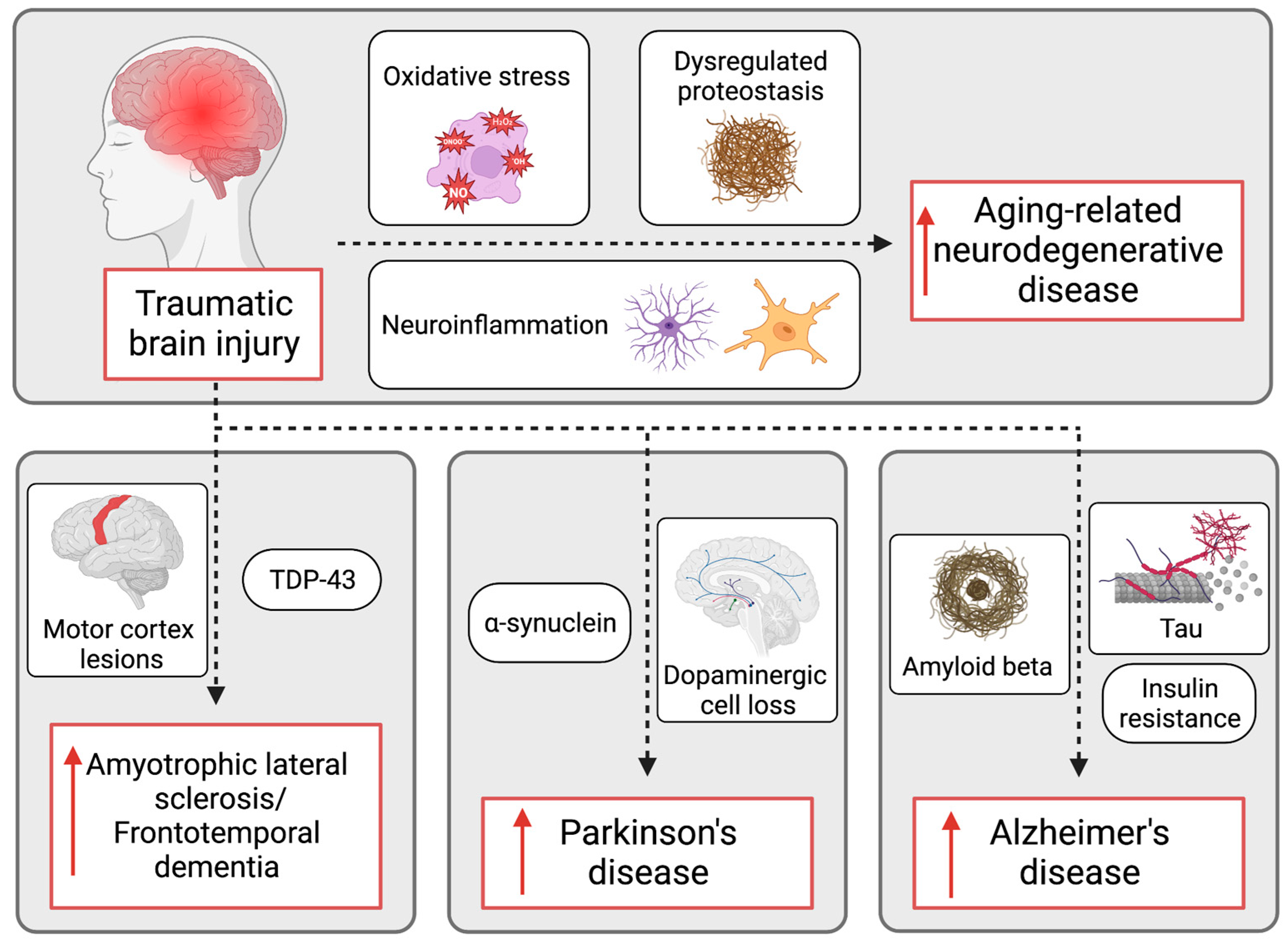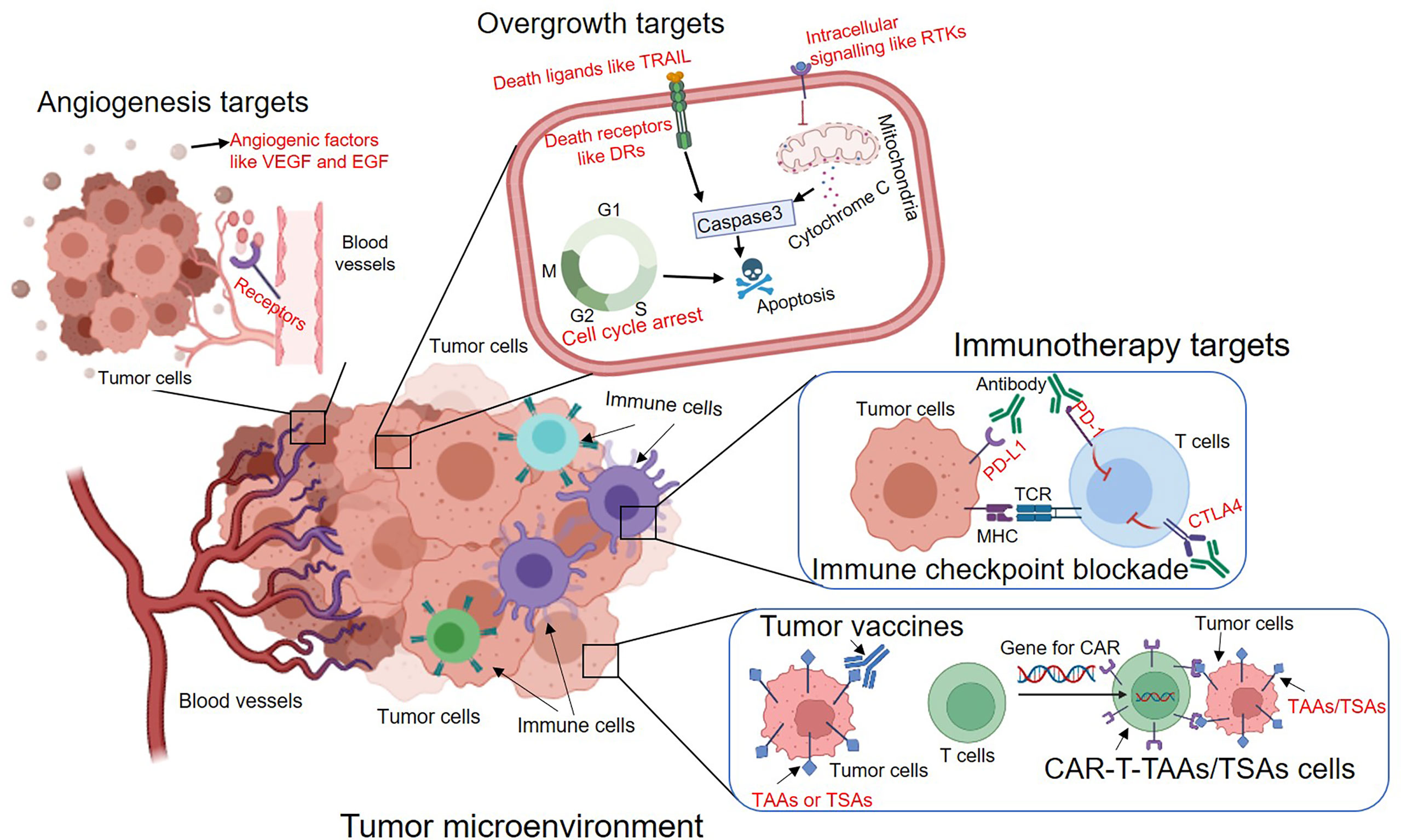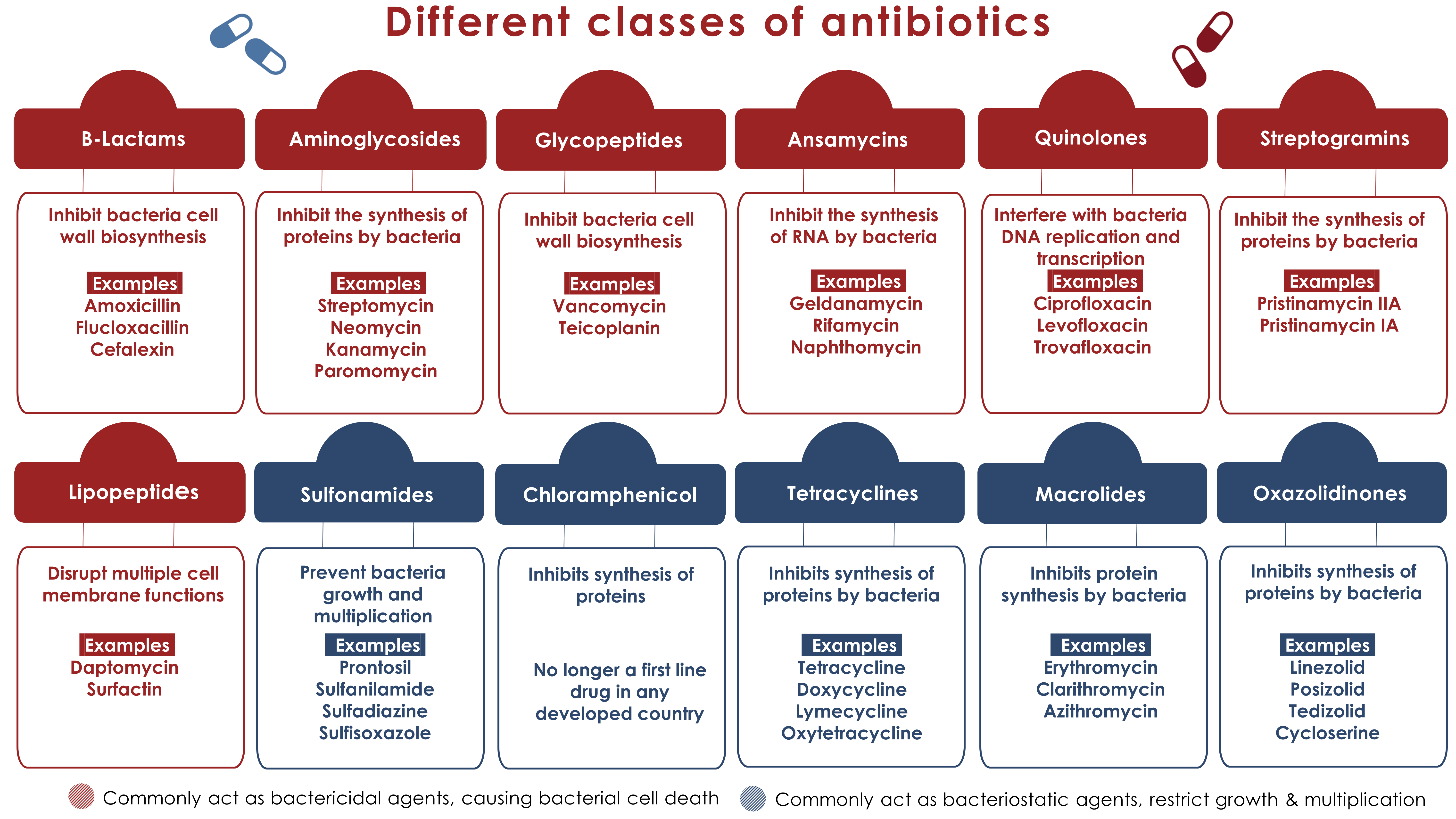Month: April 2025
Treatable Genetic Disorders: Enhancing Prenatal Care Options
Treatable genetic disorders are increasingly becoming a focal point of modern medicine, particularly with advancements in prenatal care and technology.Recent studies reveal that nearly 300 genetic conditions can now be identified and effectively treated during pregnancy or shortly after birth, paving the way for improved health outcomes for newborns.
Prion Disease Treatment: A Milestone in Gene-Editing Therapy
Prion disease treatment has seen remarkable advancements recently, promising new hope for those affected by these devastating neurological conditions.With groundbreaking research from the Broad Institute of MIT and Harvard, scientists are exploring innovative strategies such as gene-editing therapy to combat disorders like Creutzfeldt-Jakob disease and fatal familial insomnia.
Manage Stress During an Apocalypse: Key Strategies for Survival
In today’s world, where the threat of an apocalypse feels increasingly tangible, knowing how to manage stress during an apocalypse becomes essential for survival.As crises unfold, from climate change to pandemics, employing effective stress management techniques can empower individuals to remain psychologically resilient.
Breakthrough Prizes: Harvard Scientists Recognized for Excellence
The Breakthrough Prizes, often regarded as the ‘Oscars of Science,’ have once again celebrated remarkable advancements in the fields of life sciences, fundamental physics, and mathematics.This year, three distinguished scientists from Harvard garnered these prestigious awards for their groundbreaking contributions to gene editing, understanding multiple sclerosis (MS), and developing effective obesity treatments.
Age-Related Brain Disease Risk Factors: 17 Key Modifiers
Age-related brain disease risk factors are crucial in understanding how we can protect our cognitive health as we age.Recent research has illuminated the role of 17 modifiable risk factors that contribute to the likelihood of developing conditions such as stroke, dementia, and late-life depression.
Self-Deprecating Humor: Not Taking Yourself Too Seriously
Self-deprecating humor is a fascinating tool that invites laughter while also providing numerous benefits for mental health and social connection.By allowing ourselves to laugh at our own shortcomings, we cultivate self-awareness and create a more approachable persona, making it easier to connect through humor.
Targeted Molecular Therapies: Breakthroughs in Cancer Treatment
Targeted molecular therapies are reshaping the landscape of cancer treatments by offering precise interventions that disrupt the fundamental processes driving tumor growth.Recent developments in cancer research have unveiled innovative methods to understand and manipulate the intricate protein interactions involved in oncogenic processes, such as those seen in aggressive cancers like medulloblastoma.
Primary Care Reimbursement: Innovations for Better Care
Primary care reimbursement is a critical aspect of the healthcare funding landscape in the United States, where the current model poses significant challenges for providers.As demand for primary care continues to surge, reimbursement rates often lag behind those of specialists, creating barriers for healthcare professionals striving to deliver quality preventative care.
Citrus and Depression: How Eating Oranges Boosts Mood
The relationship between citrus and depression has garnered increasing attention from researchers, particularly due to the potential benefits of citrus fruits on mental health.Recent studies indicate that consuming citrus, particularly oranges, may lower the risk of depression by about 20 percent.
New Class of Antibiotics: Kinvard Bio’s Breakthrough Innovation
In the ongoing battle against drug-resistant infections, a new class of antibiotics has emerged as a beacon of hope, pioneered by Kinvard Bio, a Harvard-based biotech startup.With the alarming rise of antibiotic resistance challenging global healthcare systems, these innovative antibiotics promise to address critical gaps in our treatment arsenal.









